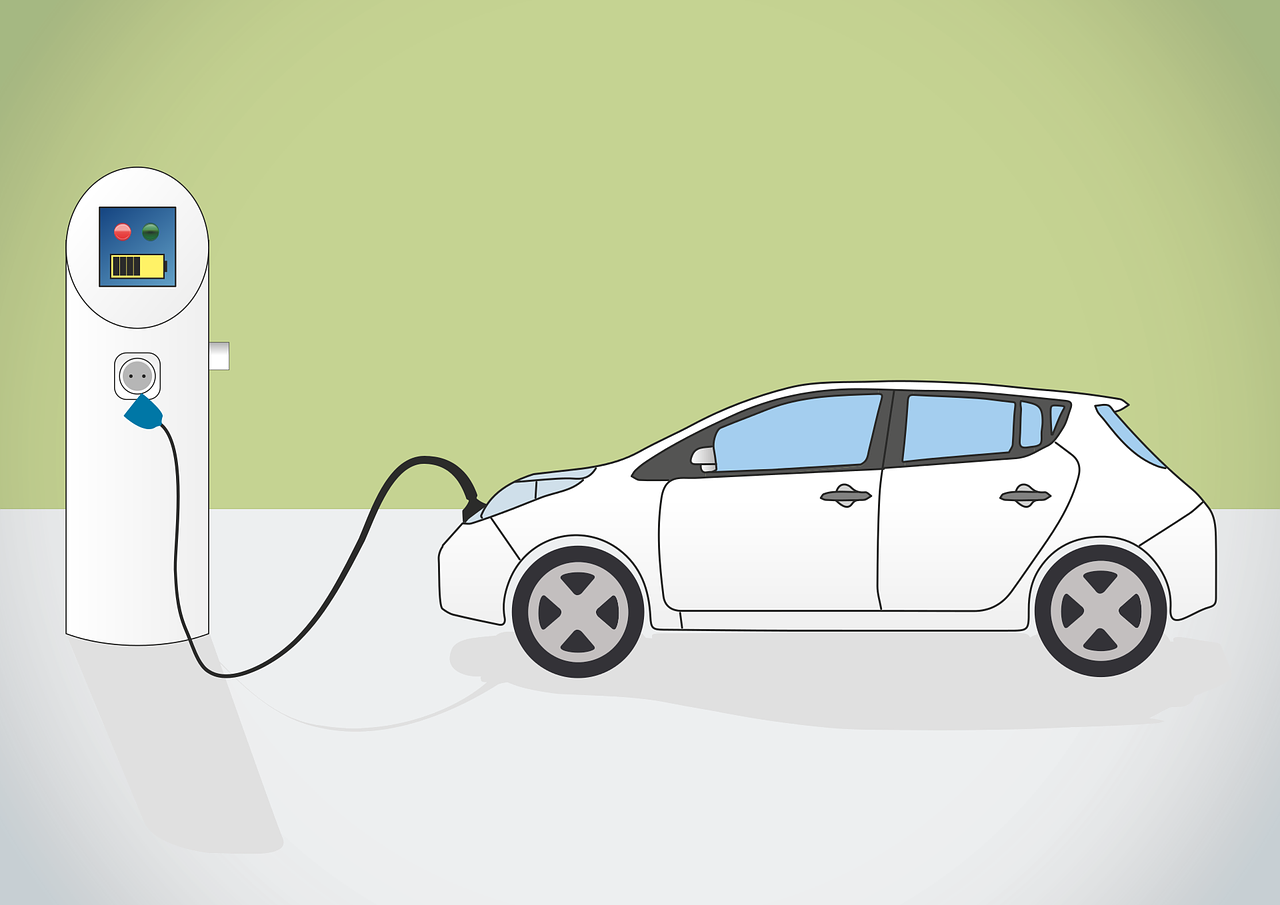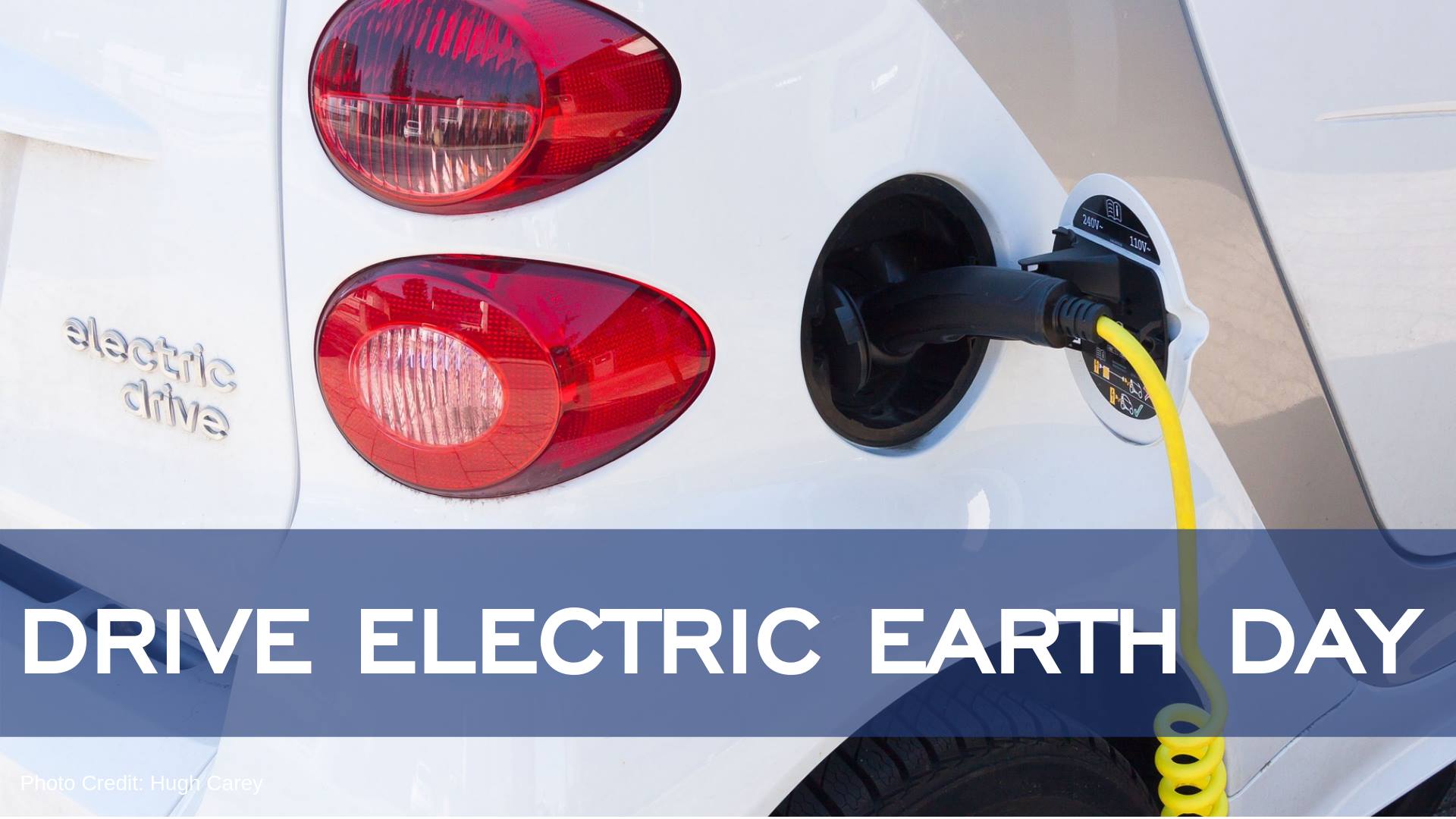
Dear Eartha, My car’s not quite a clunker yet, but it’s getting there. I’m thinking about trading up for an electric car, but I’ve heard people say that electric cars are actually worse than gas-powered cars. That can’t be true…is it? -Tony, Breckenridge
Tony, just a month ago, a friend and I had a similar conversation because her dad told her that electric vehicles (also called EVs) are worse than gas-powered cars. Yet, transportation accounts for a third of all greenhouse gas emissions in Summit County and the US as a whole.
In fact, burning oil and gas is overwhelmingly responsible for the terrible air pollution in the Front Range. That brown cloud you see hanging over Denver when you drive I-70 down through the foothills? That’s not fresh air. And a new report in the medical journal Lancet reports that the US ranks third worst in the world for childhood cases of asthma caused by traffic-related air pollution.
As it turns out, emissions from gas-powered cars aren’t just bad for climate change, but they’re bad for our lungs, too. So, how does one drive with both a clean conscious and tailpipe? Let’s find out.
EV Myth Busting
There’s a lot of misinformation about electric cars, most of it concerning the fact that EVs aren’t as clean as we’d like to think. But the truth is a lot more nuanced, and to do an accurate comparison between an electric car and a gas-powered car, we need to look at the whole lifecycle of a vehicle. This analysis means not just counting the emissions produced when driving the car, but also those created during manufacturing and disposal/recycling.
According to a report by the Union of Concerned Scientists, manufacturing an EV does create more emissions than a gas-powered car, primarily because of the electricity used to make batteries. But because EVs don’t produce emissions when they’re driven, these extra emissions are more than made up for over the lifetime of the car. Based on average vehicle use, it takes between 6 – 16 months of driving an EV (depending on the type of car) to negate the emissions generated during manufacturing. Over its lifetime, an EV produces less than half of the emissions of a gas vehicle.
Sure, the naysayers say, but what about the fossil fuels used to generate electricity? As far as charging is concerned, it’s true that not every community relies on a totally clean electric grid. But most regions in the United States have at least enough renewable energy on the grid to make driving EVs better than any existing gas-powered cars.
This is true for Summit County, where the emissions from driving an EV charged at home is like driving a gasoline vehicle that gets 47 MPG. And in 2026, because of Xcel Energy’s use of more renewable energy, that will increase to 75 MPG. Those numbers will keep climbing as Xcel and other utilities keep adding renewables to their grids. So even though we don’t have a 100 percent clean energy grid (yet), the EVs still win this round.
Building a Better Battery
Another source of EV angst is the batteries, and it’s not entirely unfounded. The impacts of battery production are complex. Mining the minerals that are used to make batteries can cause pollution, and workers aren’t always treated well. We also need to create a robust system for recycling or even reusing car batteries, because even when they’re no longer strong enough to power a car, they can still be used for other applications.
Batteries aren’t perfect. Fortunately, in 2017, the World Economic Forum launched the Global Battery Alliance, a group of businesses, governments, and NGOs all working to clean battery supply chains – and that’s not just for car batteries, but phone and computer batteries, too.

Drive Electric Earth Day
There are currently 49 registered EVs on Summit County’s roads, and the state projects that we could have as may as 7,000 by 2030. While giving up your trusty Subaru Outback might seem scary in a community with an interminable winter season, local EV drivers would tell you that there’s nothing to worry about. But you don’t have to take my word for it.
On April 24 from 3 – 7 PM, High Country Conservation Center, the Headwaters group of the Sierra Club, and Town of Breckenridge are hosting Drive Electric Earth Day in the south parking lot at Colorado Mountain College’s Breckenridge campus. Several Summit County locals will be there to show off their electric cars and answer your questions about range, driving an EV in winter, and how to take road trips.
There will also be information about EV models available in Colorado, tax credits, and charging locations along the I-70 corridor. If you’re curious about driving electric in the high country, steer your old clunker to CMC and check out the clean, quiet, low-maintenance, and remarkably peppy EVs.
